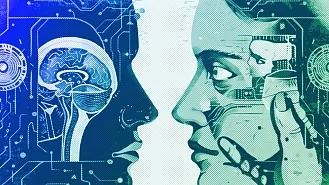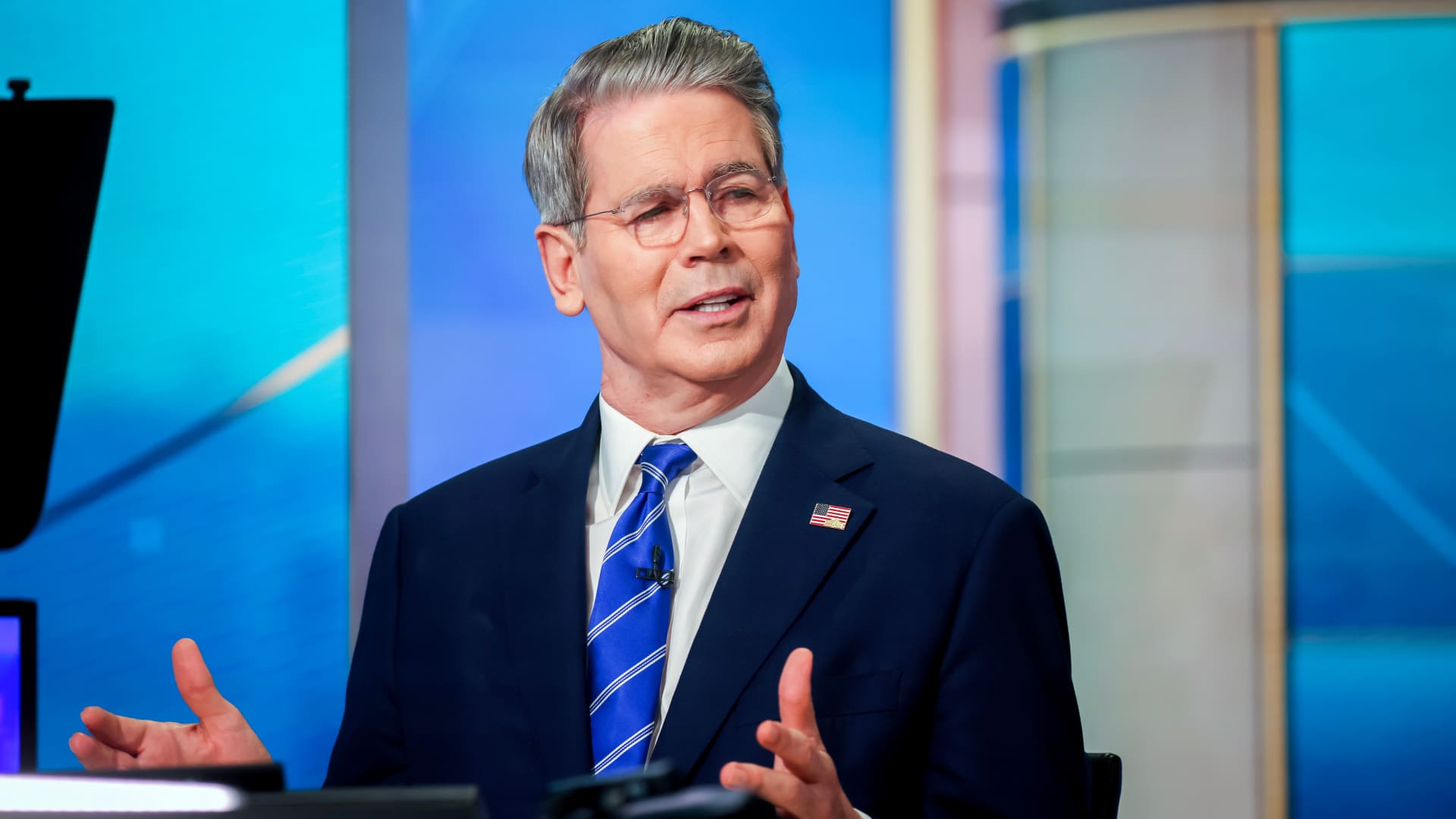In a world increasingly defined by technology, the battle for truth has become one of the most crucial challenges of our time. As misinformation and disinformation continue to spread at unprecedented speeds through social media and digital platforms, experts are warning that the fight for truth will determine the future of societies and democracies.
In the latest edition of Euroviews, leading thinkers from across Europe discuss how the digital age has transformed the way we access, share, and perceive information. With the rise of artificial intelligence, deepfakes, and algorithm-driven content, the line between fact and fiction has become more difficult to discern. According to experts, this shift has profound implications for how societies function and how people make decisions about politics, health, and even their daily lives.
One of the key concerns raised in the Euroviews discussion is the erosion of trust in traditional sources of authority, such as the media, governments, and educational institutions. As fake news and manipulated content become more sophisticated, the public’s ability to distinguish reliable information from falsehoods is increasingly compromised. This has led to growing polarization, where people are more likely to retreat into echo chambers that reinforce their pre-existing beliefs rather than engaging with a diverse range of viewpoints.
To counter this, experts argue that there needs to be a concerted effort from governments, tech companies, and civil society to promote media literacy and critical thinking. “The struggle for truth in the digital age is not just about fighting misinformation—it’s about restoring trust and understanding,” said one of the participants in the discussion. “We need to equip people with the tools to navigate the digital landscape responsibly and thoughtfully.”
The Euroviews panel also highlighted the role of regulatory frameworks in combating digital misinformation. The European Union, in particular, has taken steps to introduce legislation aimed at addressing the spread of harmful content online. However, experts caution that regulation alone will not be enough. There needs to be a broader cultural shift toward prioritizing truth and accountability in the digital sphere.
Ultimately, the fight for truth in the digital era is a battle for the future of democracy itself. If misinformation continues to dominate, it could undermine public trust, fuel division, and make it more difficult for societies to address critical issues like climate change, global health, and social justice. However, if governments, businesses, and individuals work together to promote truth and transparency, there is hope that the digital age can be a force for good, fostering greater understanding and cooperation across borders.

